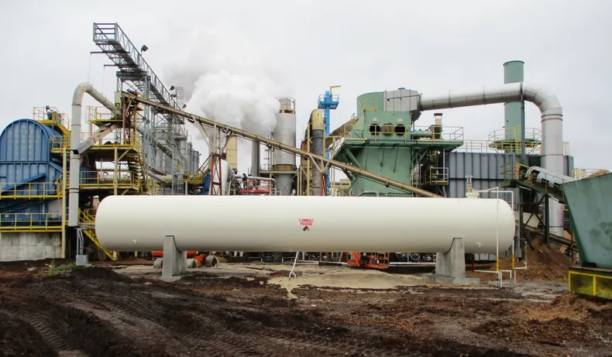Global Energy Challenges and the Unique Role of U.S. Shale

Recently, renowned geopolitical strategist Peter Zeihan gave a provocative speech on the world’s energy dynamics and the distinctive role of U.S. shale in the energy landscape.
He emphasized that China and India are the only significant net importers of natural resources. Zeihan expressed concern over China’s substantial reliance on a trading system that is, in his opinion, no longer sustainable.
The geopolitical strategist noted that several factors, such as the Russian-Ukrainian war, the COVID-19 pandemic, trade disputes, and the eventual end of global trade accessibility, could upset the current situation. Zeihan argued that these disruptions could result in the collapse of the current system of international trade, having an effect on economies all over the world.
Zeihan then focused on energy and discussed global oil and natural gas investment trends. He referred to the myth that fossil fuels are becoming less prevalent, which gained popularity around 2014. Over the following seven years, investment in the sector decreased by two-thirds. Zeihan refuted this claim by pointing out the argument’s logical fallacies and the time needed to bring conventional oil and gas fields into production.
Zeihan emphasized the significance of understanding the subtle differences between U.S. shale production and current global energy trends. The U.S. shale industry is notable for producing where people live, which offers a significant advantage in terms of proximity to demand. He asserted that the U.S. shale industry is resilient due to its strong base production capabilities, even if the Biden Administration imposes oil export bans.
Zeihan also emphasized the concentration of energy demand in areas with sizable population centers, citing Marshalltown, Iowa, as an example. He discussed the difficulties of transporting natural gas, which disperses more readily than liquid oil, and the flaring surplus gas in shale oil fields due to inadequate infrastructure.
Zeihan discussed the natural gas market and noted that the U.S. has the world’s most extensive and varied system. However, he pointed out that despite having this advantage, the U.S. still finds it challenging to meet the rising demand. Zeihan emphasized how natural gas has historically been inexpensive in the U.S., which has resulted in extensive use and the effect of rising prices on international markets.
Zeihan concluded by discussing the effects of the global natural gas shortage, particularly in Europe and Asia. Industries like metal processing and fertilizer manufacturing in Europe have been forced to close due to the loss of base-load suppliers and their replacement with marginal suppliers. Zeihan predicted that the world would face difficulties brought on by the shifting energy landscape and that shortages would worsen.
Zeihan’s observations and insights regarding the world’s energy supply dynamics must be considered. Understanding the unique position of U.S. shale and its impact on the energy market is increasingly important as the world struggles with geopolitical shifts and the need for shale and fracked fuel options.
This all points to the fact that propane will continue to be produced in quantities that will be beneficial to the propane industry. That, plus the significant and disbursed abundance of shale and fracking fields, makes it both more prevalent and more easily accessible to American population centers, thereby making both propane and natural gas more affordable and available. This, of course, is good news to the propane industry and its users.
Source: “The US Oil Secret: A Powerhouse Hidden In Plain Sight | Peter Zeihan” YouTube video, https://www.youtube.com/watch?v=lsgh37uPn7g






















